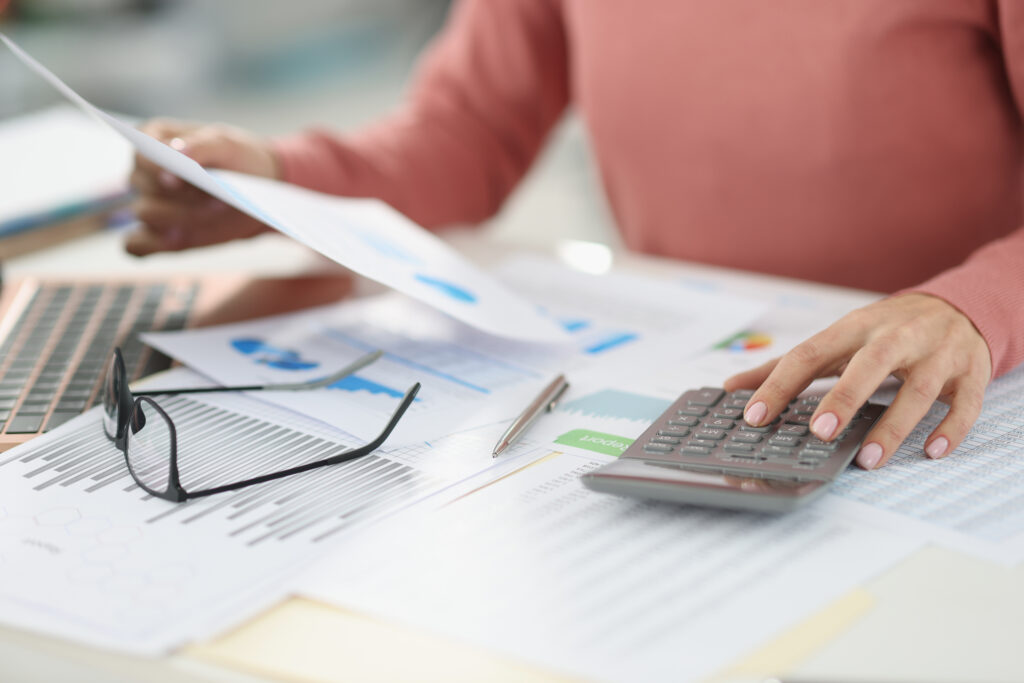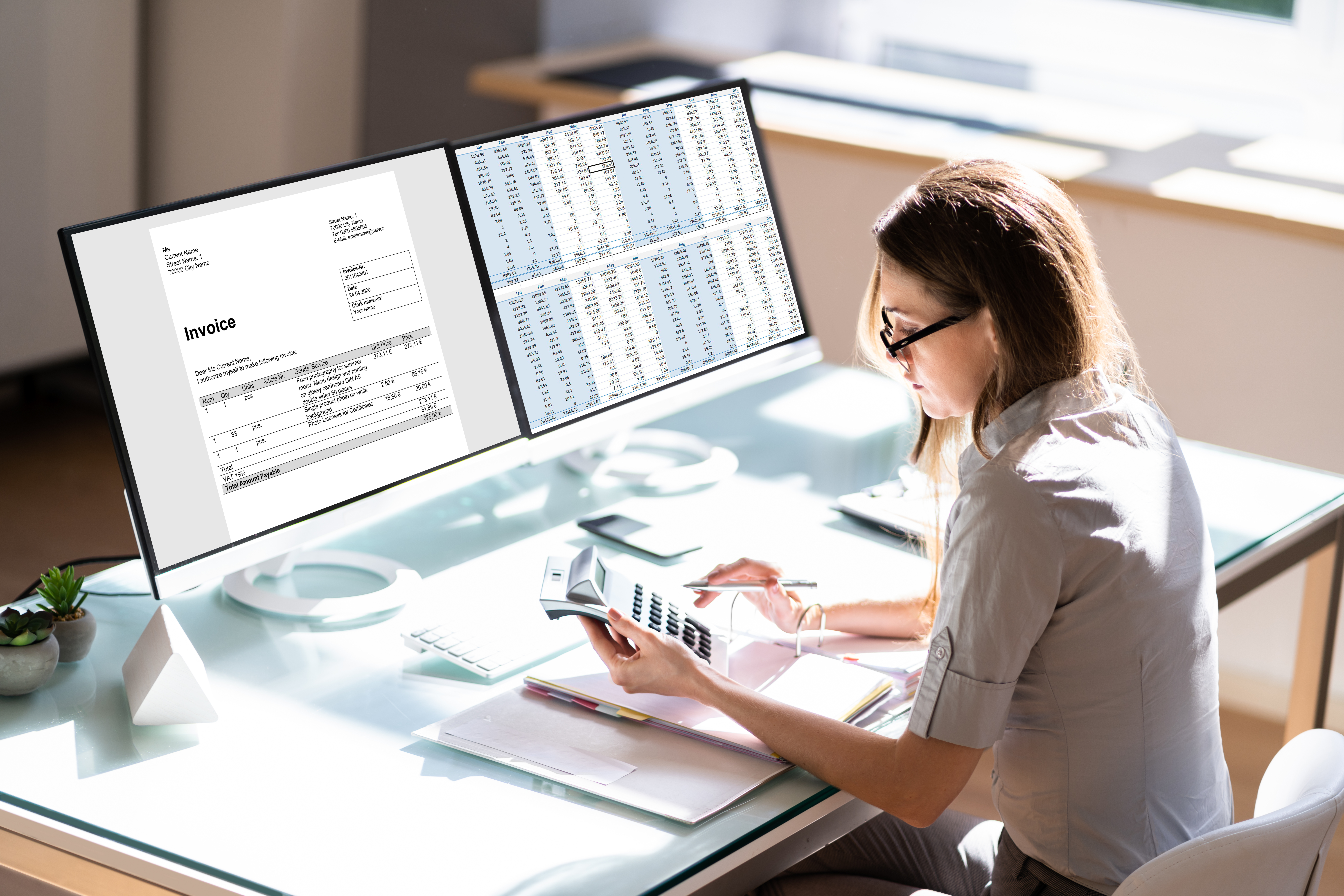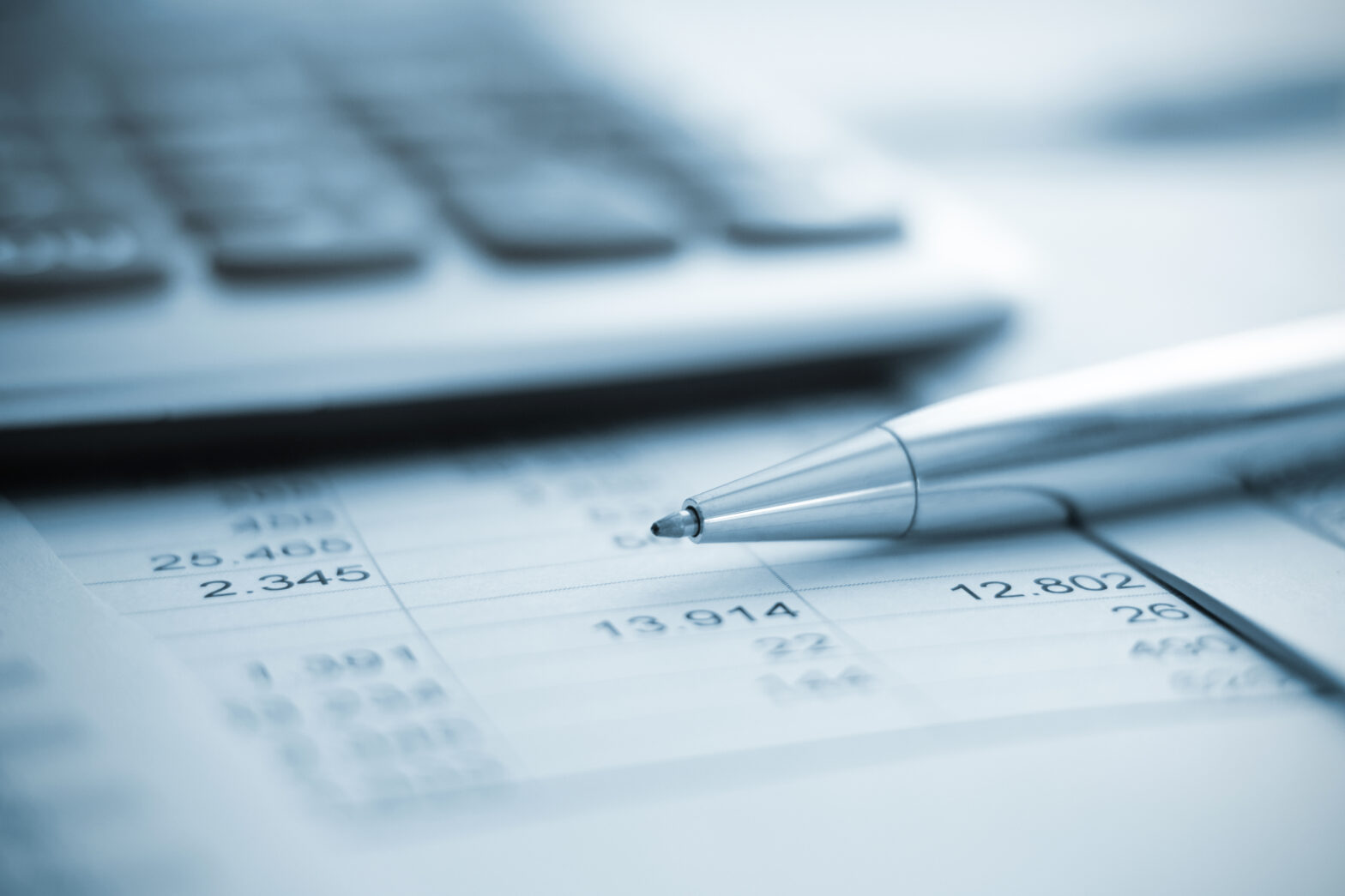Want to know how to manage your accounts and bookkeeping while you focus on your business as a sole trader? Here we explore how to find the right software for your business and some of the best platforms on the market
As a sole trader, having the right accounting software is key to optimising the day-to-day running of your business by saving you hours of work and giving you more time to focus on higher-priority tasks. This type of software can also help you cut your tax bills and reduce the risk of making mistakes. Some even make it easier to form a limited company if that’s the direction you want to go in.
With all that in mind, this article offers advice on what you can do to better manage your accounts and bookkeeping, and how to find the right accounting software, looking at some of the best packages on the market.
Here’s what we’ll cover:
- What is bookkeeping and why you should prioritise it
- First steps when managing your accounts as a sole trader
- How to find the right accounting and bookkeeping software
- What taxes do sole traders need to file?
- What records do I need to keep?
What is bookkeeping and why you should prioritise it?
Bookkeeping is the process of keeping accurate records of the money that your business spends and receives. To keep accurate records, sole traders need to log every receipt, invoice, and bill. As the owner of a business, this becomes your legal responsibility.
Accounting also covers the more general process of managing your accounts, including strategic planning.
To keep on top of these outgoing and incoming expenses, sole traders usually need to make daily logs to avoid missing payments or making errors. Any errors you do make could incur fines and, in more serious cases, legal action as you’re not protected by a Limited Liability Company (LLC).
First steps when managing your accounts as a sole trader
The first steps to take are registering your business with HMRC and going over the rules for running your company. These rules include:
- Keeping records of your incoming and outgoing expenses
- Submitting a yearly Self Assessment tax return
- Paying income tax on your profits
- Registering for VAT (providing you’re over the threshold)
- Pay Class 2 and 4 National Insurance
- Handle your debts
HMRC also randomly carry out random checks on business to ensure they’re complying with the taxation regulations.
Once you’ve got your taxes in check, you can start thinking about saving some money. Some things you can claim expenses on and reduce your tax bill include:
- Computers, IT equipment, and WiFi costs
- Rent
- Your phone bills
- Business travel and motor expenses
You can also claim expenses on anything you buy for the business, including coffee, business meals, and train tickets. However, if you want to claim any of these expenses, you’ll need to be careful to request a VAT receipt.

How to find the right accounts and bookkeeping software
When it comes to software, there are so many benefits to using a digital accounting and bookkeeping platform. It can help you keep accurate records, add new supplier information to the system, offer a better chance of receiving on-time payments due to automated systems and help with submitting VAT returns to HMRC.
But how do you pick what software is right for you? Here are a few things to consider when making your decision:
Cost and functionality
Typically, these types of software are relatively evenly priced, but they’re not always the same price for the same features. So, check what’s included in your package before deciding on a particular software and choose the most cost-effective option with the right functions to save you time, effort, and money in the long run.
Simplicity
It’s great to have sophisticated software to help you run your business, but the program needs to be simple enough to use. Accounting and bookkeeping should be something you can do without too much effort or stress, so if your software is making it harder for you, it might not be the right one for you.
If you’re using a platform that seems a bit too complicated for what you need, it might be that that it is aimed at VAT-registered companies with taxable turnovers of more than £85,000. These programs can be unnecessarily complex for sole traders, so it’s usually more sensible to opt for a pared-down version.
A software that can evolve with you
It’s all well and good using a platform that works for you today, but will it work for you next year or in five years? It’s always worth investing in longevity, so choosing a platform that offers upgrades, should you need them, is a wise choice.
Free trials
Free trials are essential to take advantage of when choosing your accounting software, as they give your platform a test run without making an actual commitment.
If you have the option to experiment with some software or a handful of different platforms, doing so is something we recommend.
Self-employed expenses calculator
Knowing how you can claim back some money on your taxes is the best way to save some money for your company, but it isn’t always so straightforward. That’s why choosing software that offers a self-employed expenses calculator is so important.
What taxes do sole traders need to file?
Now that you know how to find the right accounting software for you, you’ll need to think about what you’ll need to log.
As a sole trader, you’ll need to pay:
- Income tax: Payable on your business profits at the end of each tax year.
- National Insurance: You’ll have to pay your quarterly Class 2 National Insurance, which goes towards your state pension and any additional Class 4 payments
- VAT: You’ll only need to register for VAT if your turnover is more than the threshold (which is currently £85,000)
- PAYE: PAYE is only applicable to sole traders who take on staff members.
What records do sole traders need to keep?
As a sole trader, keeping records of your finances and business functions is a legal requirement, and HMRC may ask you to provide a detailed breakdown of these figures, including:
- Business sales and income, including invoices, and receipts
- Your personal income
- Your business expenses
- Applicable VAT records if you’re registered
- Staff PAYE records, if applicable
Find the software for you, today
Online, you’ll find plenty of accounting and bookkeeping software options, so many that sometimes it can make it difficult to pick one.
If you’re unsure where to start, it’s worth exploring the accounting software from Sage. With five plan options ranging from free to £44 per month, there’s an option for just about any business, and there’s room to grow if your company expands.
The “Start” plan is most suitable for self-employed individuals and sole traders. You’ll be able to create and send sales invoices, track what you’re owed, calculate and submit VAT, and have help to make sure you’re ready for Making Tax Digital. You’ll also benefit from automatic bank reconciliation. If you upgrade to a “Standard” or “Plus” membership, you’ll also be able to:
- Manage and submit CIS
- Run advanced reports
- Send quotes and estimates
- Forecast cash flow
- Manage purchase invoices
- Automate receipt capture
- Log multi-currency banking and invoicing
- Manage inventory
Get started with Sage Accounting software and see how easy it is to manage your sole trader finances.




